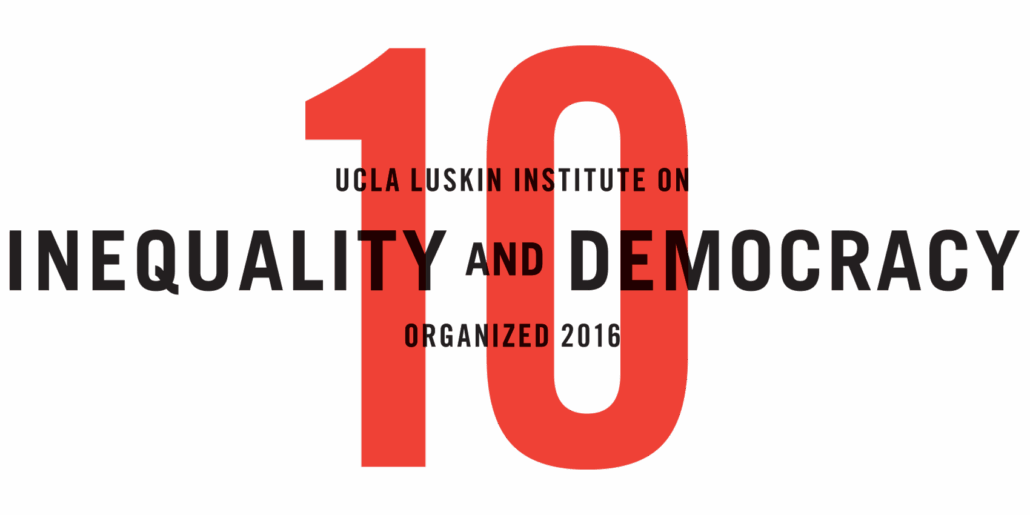Refusing COVID-19 Austerity
Principles and Values
In this Letter to President Napolitano and Board of Regents, nearly forty University of California-based student organizations, unions, and the Council of UC Faculty Associations lay out guiding values for the world’s largest public research university in the time of COVID-19, and how to fund those values now.
In this Foundational Principles document, the Public Higher Education Workers Coalition lays out five COVID-19 responsive guidelines for public higher education, with special attention to privatization, financialization, and a worker-led recovery.
Demands
Here we collate a list of COVID-19 responsive demands circulating nationally across college and university campuses.
List of Demands
- No tuition increases.
- Tuition remission and release for professional students and all other tuition paying students as well as the cancellation of fees.
- Firing freeze for all employees.
- Cut the salary of Top University Administrators.
- Increase childcare subsidies.
- Ensure indefinite paid sick leave and paid family leave for all workers.
- Universal enrollment in health insurance plans – for all students and graduating students as well as all University employees.
- Cancel rent for University property tenants for duration of pandemic/ through fall.
List of Demands
- Retain and honor previous employment contracts for all staff, e.g. librarians and dining workers.
- Personal Protection Equipment, Testing and Hazard pay for all essential workers.
List of Demands
- A Cost of Living Adjustment for all graduate students to provide for safe and dignified living conditions, which also means safe and dignified working conditions.
- Guaranteed extension of 1 year of funding, health care and time to degree. In addition, guarantee for all existing funding offers.
- Guaranteed summer funding for all students as well as short-term, emergency funding for COVID-related crises.
- Support International Students by maintaining visa status, matching financial aid available to citizens, funding non-residential tuition.
List of Demands
- Retain and or reappoint Non-Tenure-Track Instructional Faculty and Lecturers.
- No increases to class size.
- Pause Tenure clock.
Financing Demands
Here we collate proposals for how to resource these demands for equity and justice.
Internal Redistribution
- NYU Can Afford It
- The Open Source Alternative Budget for Ohio University
- Spend down endowments and other unrestricted, discretionary, and highly liquid reserves
External (State and Federal) Funding
Building Power Towards Demands
Here we bring together collective action tactics beyond lobbying and petitions.
Free School and Freedom School
College for All
College for All is federal legislation proposed in 2019 by Ilhan Omar and Pramila Jayapal that would eliminate all student debt; eliminate tuition and fees at all public two- and four-year colleges and universities, community colleges, trade schools, and apprenticeship programs; provide funding to Historically Black Colleges and Universities and Tribal Colleges; make federal funding contingent on 75 percent tenure line faculty; and reduce subcontracted non-union labor. Funded by Wall Street transaction tax.
Only Free College Can Save Us From This Crisis
In this article Christopher Newfield argues that College for All will let public colleges, already made poorer by years of state underfunding, get poorer still. He suggests instead that the federal government provide $20,000 per student directly to any not-for-profit college that opts in to a network of institutions dedicated to providing free, high-quality higher education.
Responding to the University Budget Crisis with University Currencies
Modern Monetary Economist Nathan Tankus argues that mobilizing local and complementary currencies, generally, and at universities specifically (he suggests they be called ‘Unis’) could stave off the financial crisis facing higher ed. Universities, either individually or as a group, could issue their own currency and demand that the Federal Reserve back it, reducing their reliance on tuition and allowing them to receive the federal backing they desperately need.
Abolitionist University Studies: An Invitation
In this essay, authors Abigail Boggs, Eli Meyerhoff, Nick Mitchell, and Zach Schwartz-Weinstein asks us to consider, “What kinds of spaces, relationships, ways of knowing, and even institutions might an abolitionist approach to the university bring into being?”

